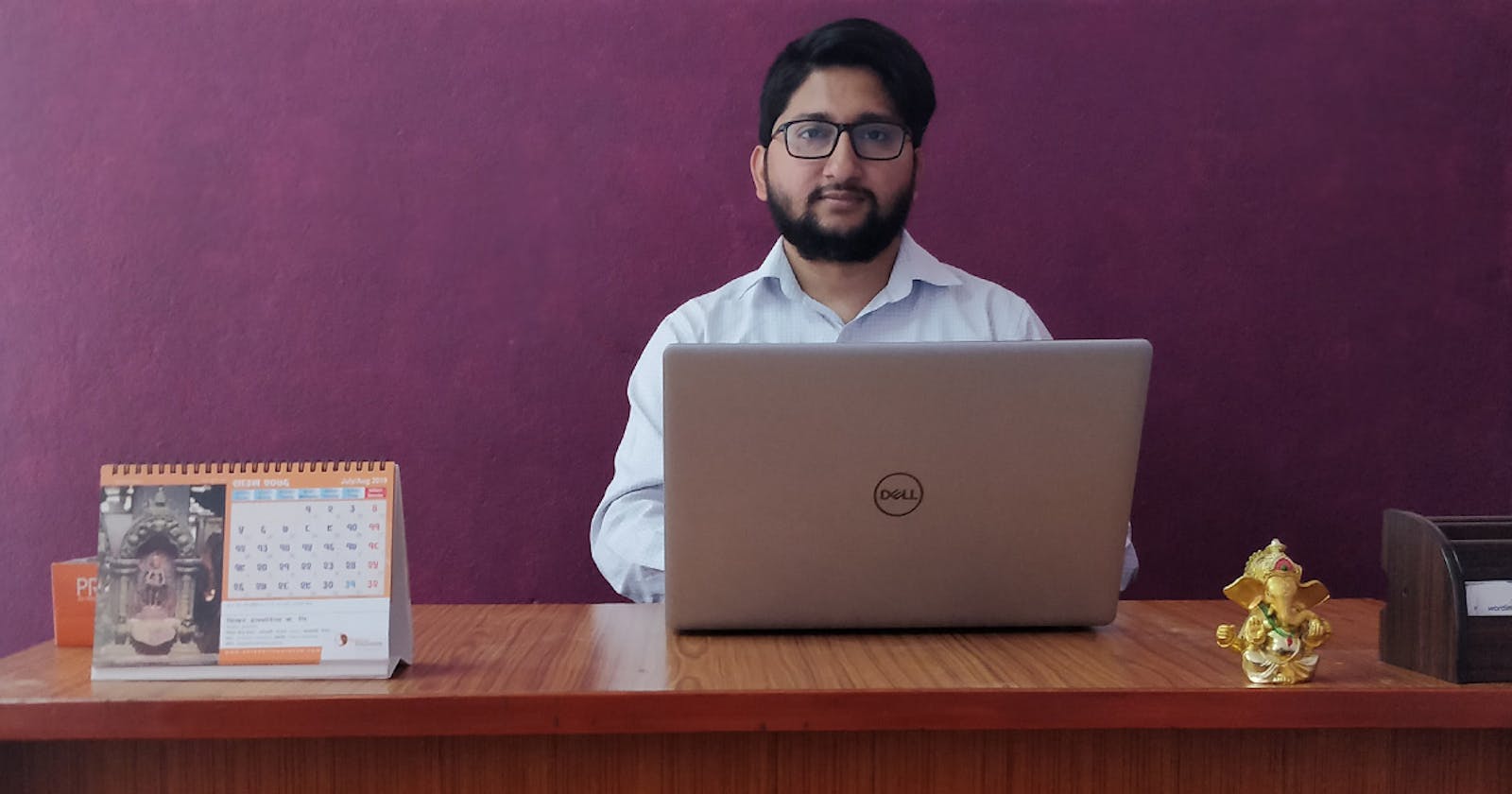An Interview with the founder, Ken Subedi
To some, starting their own company is nothing less than a dream come true. It takes enormous courage to leave the comfort of a fixed salary and start something of your own. Today we bring you some insight from Ken Subedi , the founder of Wordinvent a successful Nepali translation company . Ken’s story is a great example of someone who backed his skills and thrived in an industry which always presented a question of survival.
1) Can you tell us a little bit about yourself? How does your prior work experience relate to this position?
I consider myself to be a faithful translator and subtitler with experience in content creation, digital marketing and editing. After working for a number of years as a writer, communications officer, subtitler and translator, I have developed own way of doing things in areas of localization industry. Nepali localization was lacking one stop solution provider before.
2) How and why did you get started in this line of work?
Language played a significant role in my life since my childhood. Being acquainted with Nepali and English books and texts since an early age led me to develop reading and writing abilities and lately the work of translation and interpreting fascinated me to develop this area professionally in a more profound manner in Nepal.
3) How would you describe your business to a potential client?
Wordinvent is the only Nepali company to provide all round service of localization in Nepal ranging from translation to subtitles and transliteration to recording and proofreading to quality checking. As Nepal is becoming a part of the global village, many products and services can be localized in order to penetrate the Nepali market and that’s where localization is the key element.
4) You mentioned that your first 6 months starting the company in Nepal were difficult. How did you overcome that situation and what advice would you give to others in your situation? For first few months it was difficult to know the legal procedures that involved around company registrar’s regulations. Soon I was acquainted with them and initially there were risks. I found local market not able to invest in good content and they did not realize the need of translation. Gradually the relationship of client strengthened and they trusted my working procedure. I was involved in few large and complex projects which I completed before time. This led to better client relationship. There was also a new kind of product, online health service called as TDO Nepal. I was involved in the localization of their product and later was one of their major business partners. Had that risk not been taken, I would not have gathered courage for larger complex projects.
I overcame initial difficult situations with consultation from people around me, especially for legal and financial aspects. I advise the new people to stay calm and find the right candidates suitable for aspect you are weak at. Hire them as a consultant. Learn experiences of people you know who have run the company for a long time. Share ideas within the team so there can come up a solution.
5) What kind of opportunities do you see in the translation business especially for Nepali translators? How stiff is the competition? There are some opportunities for aspiring Nepali translators. The demand of Nepali translation and localization is increasing as Nepali speakers are migrating to different parts of the world and Nepal is also becoming part of the global village. Increasing trade and business exchanges between Nepal and other countries will also create some opportunities for Nepali translators. Projects such as MCC, BRI among others can also add some demand.
There is not much competition in translation business in Nepal as the business is small and demand is small. But saying that, it is not easy to sustain as clients always look for competitive rates and fast delivery. We have been able to provide exceptional quality in a short turn around time.
6) How would you describe your journey as an entrepreneur?
Before starting a company, I used to work like 14-15 hours a day including a full time job as a subtitler. I had already few years of experience as a freelancer and officer. There came a time where the flow of work was more and the number of clients increased. Then I realized to provide complete localization services including subtitles and recording under a roof.
7) What is the most rewarding part of your role in Wordinvent? I can provide jobs to translators like me five or six years ago. I can happily say my clients that Wordinvent can provide total localization services for Nepali and English. Some linguists are working as evaluators for some projects where they can earn their pocket money along with learning the appropriate use of terms.
8) What’s your greatest strength? Greatest weakness? My greatest strength is realization of the strength of team work. Managing large and complex projects and identifying right resource for the right kind of project is my strength. My weakness is to trust my team players too early when they make commitments.
9) What advice would you give to new translators starting out in the translation industry? Don’t aim to become a great translator overnight. Learn the basics at first. Read fiction, both English and Nepali in great volumes. Write regularly. Have an eye for detail and precision. Follow your interest for some years and start as a freelancer. Join platforms like Upwork and Freelancer.
10) Where do you see yourself in the next 5 years? In the next 5 years, I see myself adding few more languages of South Asia. With connectivity with our northern neighbor and other countries, the demand of other languages can also be anticipated. I will be providing more jobs to the new translators and hopefully I will create courses related to translation and instruct university level students.
